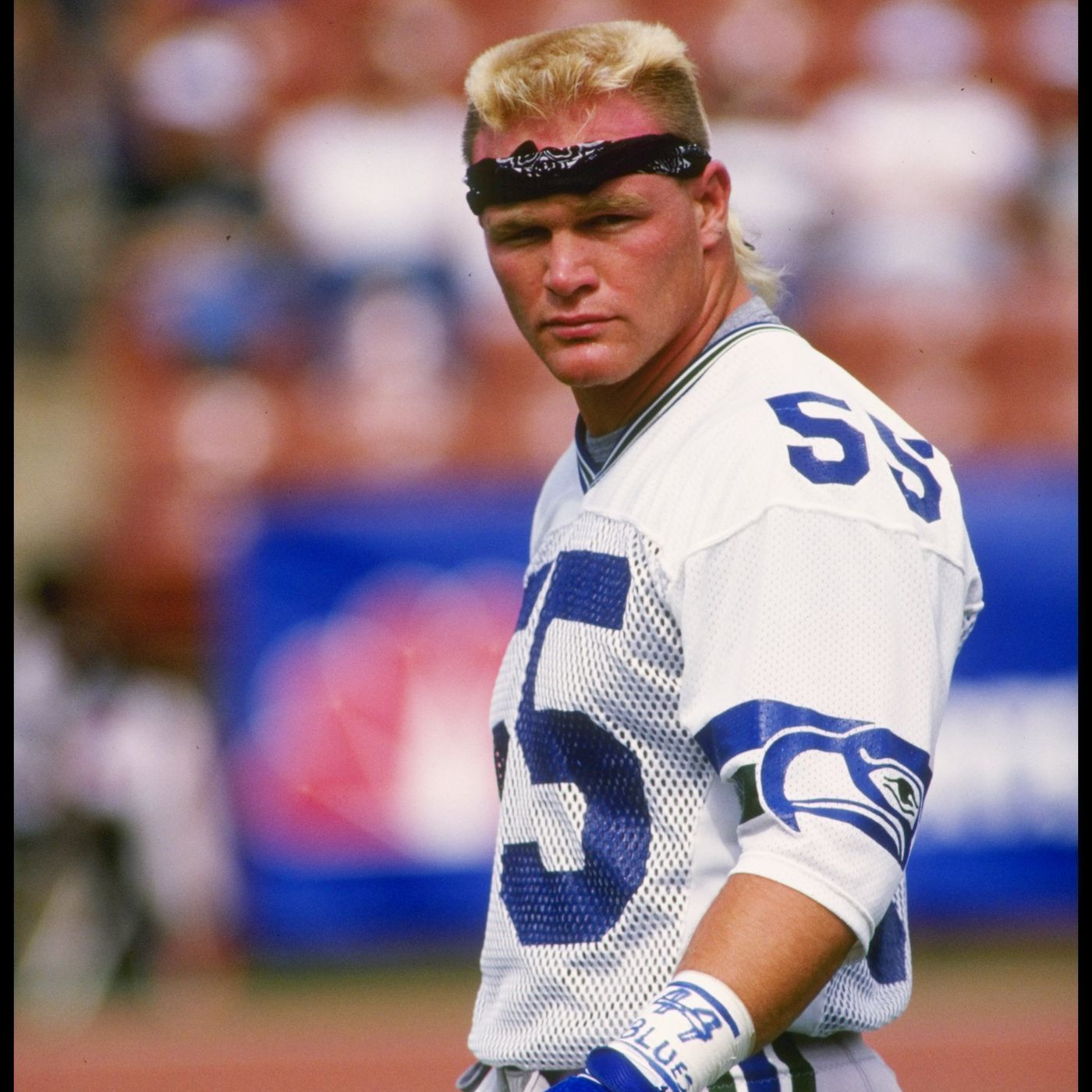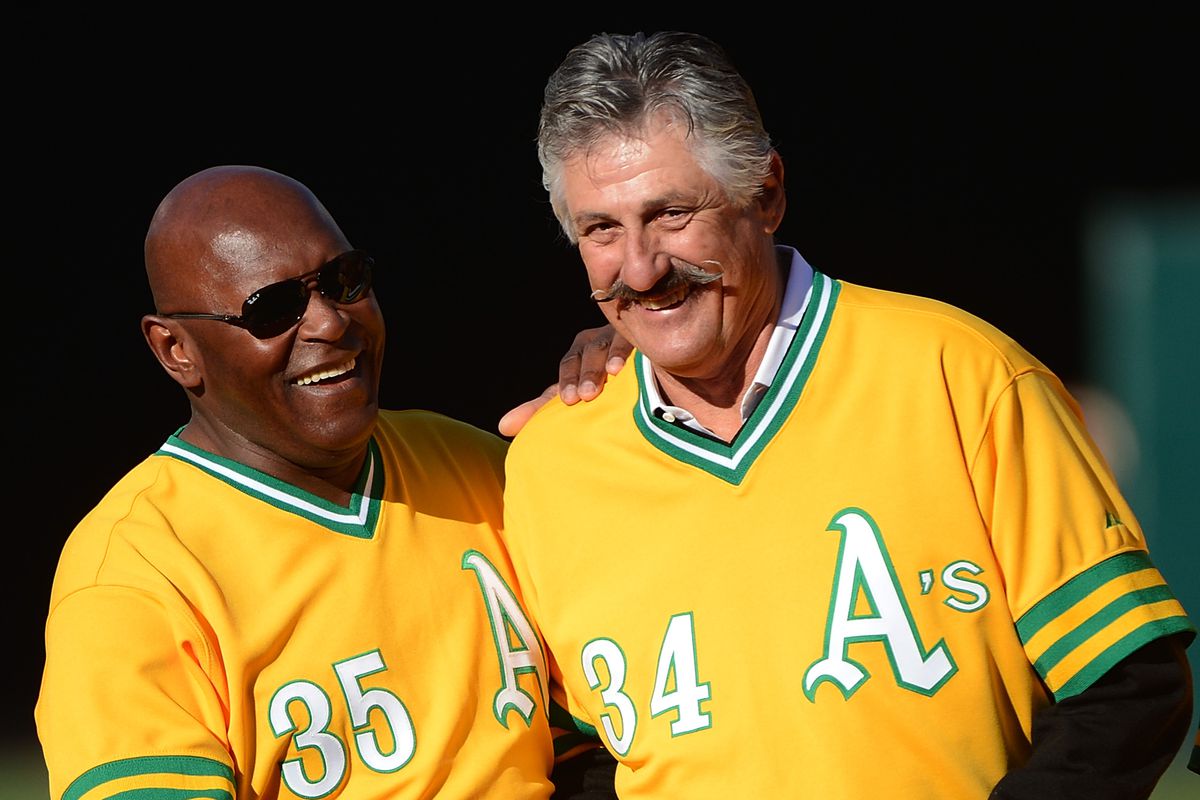Walter Alston managed the Dodgers for 23 seasons – each after signing a one-year contract.
Beneath Walter Alston’s quiet exterior was the heart of a champion. After 15 seasons managing at the minor league level, he broke into the big leagues with the Brooklyn Dodgers in 1954, at 42. Alston managed the Dodgers for more than two decades. He won the World Series in his second year at the helm, and a total of four in his career.
Alston moved West with the Dodgers in 1958 and won the National League pennant, giving him three flags in six years. He finished his career with seven NL pennants, and his four World Series titles are topped only by Casey Stengel [7], Joe McCarthy [7] and Connie Mack [5] for most of all time.
“More than anyone else, Hank Aaron made me wish I wasn’t a manager.”
Walter Alston managed 3,659 games for the Dodgers, compiling a career record of 2,010-1,613. He is one of only ten managers with at least 2,000 wins and ranks ninth on the all-time list. Alston’s career winning percentage of .558 is third-best of all time among skippers with at least 2,000 career wins.
The Dodgers reinvented themselves three times under Alston. Playing in three different home parks, the colors of the uniforms remained constant but the names on the back changed. Each edition required Alston to dramatically alter his managerial approach.
His first team featured Pee Wee Reese, Duke Snider, Roy Campanella, and Jackie Robinson. The roster also included future Hall of Fame managers Tommy Lasorda and Dick Williams. The following season, the Boys of Summer won the Dodgers’ first and only World Series championship while in Brooklyn. Following the Dodgers’ move, Angelinos witnessed the emergence of Sandy Koufax, Don Drysdale, and Maury Wills. Alston then nurtured his final group, led by infield mates Steve Garvey, Davey Lopes, Bill Russell, and Ron Cey. The legendary quartet played together for nine seasons to become the longest-running infield in baseball history.
“Generally, you don’t have to worry about the guys who are playing every day. It’s the guys who are sitting on the bench that get needles in their pants.”
Born December 1, 1911, in Venice, Ohio, Walter Emmons Alston grew up on a farm in Morning Sun, near Cincinnati. At Darrtown High School, Alston’s live fastball earned him the nickname Smokey. After graduating in 1929, he married his high school sweetheart, Lela Vaughn Alexander, and enrolled at Miami University. Alston lettered three years in both basketball and baseball at Miami, finishing in 1935.
Prior to the 1935 season, Smokey signed with the St. Louis Cardinals, where he was assigned to the Class C Dixie League. At the end of his second year in the minors, he was called up to the big league club. On September 27, 1936, star Cardinal rookie Johnny Mize was ejected in the final game of the season. Like Sparky Anderson and Earl Weaver, sometimes the worst players make the best managers. Alston replaced Mize, making his major league debut against the Chicago Cubs. Playing first base, Alston got two fielding chances and booted one. In his lone plate appearance, he struck out on three pitches.
The next spring the Cardinals dispatched Alston to the Texas League, and he never played in the majors again. In 1944, St. Louis released Alston and the Brooklyn Dodgers signed the 32-year-old as a minor league manager. Smokey managed for 15 seasons in the minors. In six seasons at the Triple-A level, he won three league titles, the 1949 Junior World Series championship, and went 544-373.
Charlie Dressen guided the Brooklyn Dodgers to back-to-back NL pennants in 1952 and ’53. When Dressen demanded a multi-year contract prior to the 1954 season, Dodgers owner Walter O’Malley replaced Dressen with Walter Alston. “Who’s He?” blared the New York Times as spring training began in 1954.
In his first season piloting the Dodgers, Alston won 92 games. In his second, he captured Brooklyn’s only World Series title. Smokey twice won 102 games, and won 90 or more in eight other seasons. In 23 years under Alston, the Dodgers suffered only four losing seasons. A six-time NL manager of the year, Alston inked 23 consecutive one-year contracts.
On July 17, 1976, Walter Alston became only the sixth manager in MLB history to win 2,000 games. Just before the end of the season he retired as Dodger skipper, turning the reins over to Tommy Lasorda. Alston had his number 24 retired the year after he stepped down, only the fourth Dodger in history to receive that honor. “I always imagined him to be the type who could ride shotgun on a stage through Indian territory,” observed Vin Scully, who broadcast Dodger games for 67 seasons. “He never made excuses. He gave the players the credit and took the blame. He was so solid, so American.”
In 1965, Sandy Koufax refused to pitch Game One of the World Series because it was Yom Kippur, a Jewish holiday. Instead of Koufax, Walter Alston selected Don Drysdale to start for the Dodgers and he gave up seven runs in less than three innings. “I bet right now you wish I was Jewish, too,” Drysdale said to Alston when the Dodgers skipper came to pull him from the game.
Following Alston’s retirement, Los Angeles Times columnist Jim Murray wrote of the beloved Dodger skipper, “I don’t know whether you’re Republican or Democrat or Catholic or Protestant and I’ve known you for 18 years. You were as Middle-Western as a pitchfork. Black players who have a sure instinct for the closest bigot recognized immediately you don’t know what prejudice was…there was no ‘side’ to Walter Alston. What you saw was what you got.”
Smokey returned to Ohio, where he suffered a severe heart attack in April 1983 and never fully recovered. A little more than 47 years after his debut with the St. Louis Cardinals in September 1936, Mr. Alston was elected to the National Baseball Hall of Fame. The ailing Alston was unable to attend the induction ceremony, so Rob Ogle delivered the acceptance speech on his grandfather’s behalf. The winningest manager in Dodger history died in an Oxford hospital the following year, on October 1, 1984. He was 72.









